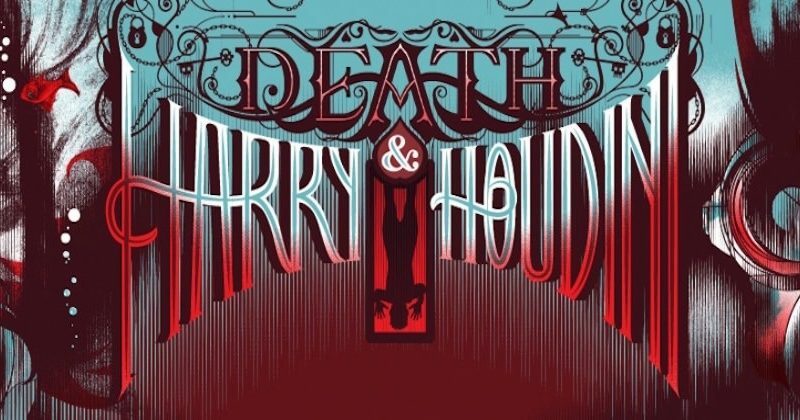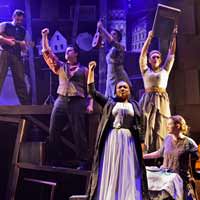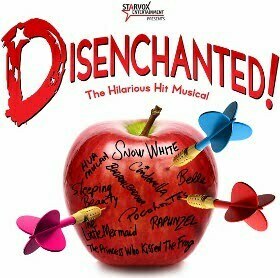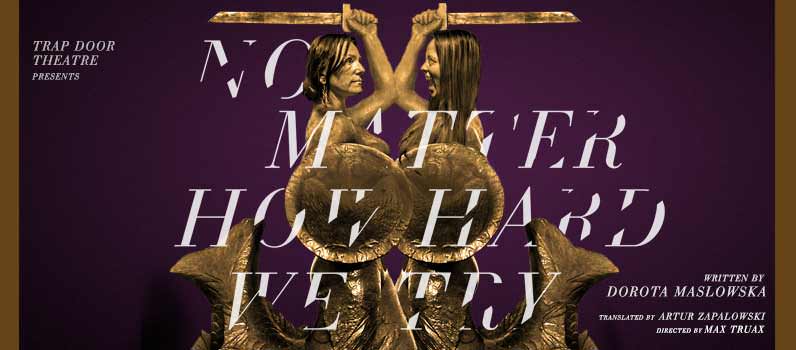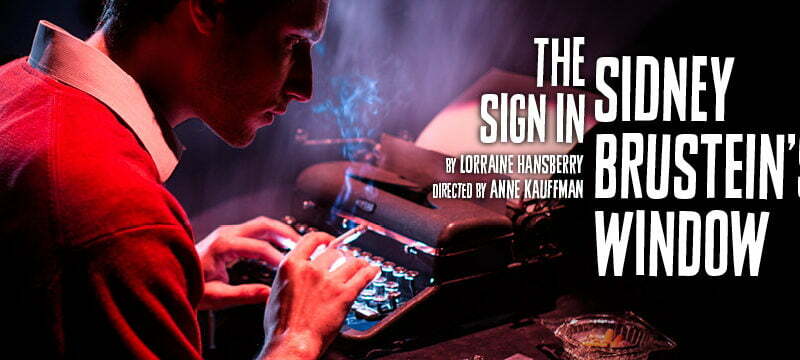Death and Harry Houdini (2016)
With their long-running escape room The Last Defender playing downstairs, and their first show, Death and Harry Houdini being revived upstairs, The House Theatre has decisively conquered The Chopin. Both are major hits for the highly innovative company, which use non-standard storytelling techniques, and both, it so happens, force people to rely on their ingenuity to escape mortal peril. Magician Dennis Watkins stands a far better chance of prevailing than the defenders in the basement. In this latest revival, Watkins is at total ease in the role of Houdini, but Nathan Allen’s writing incorporates the escape and magic tricks into a story as exciting as it is tragic and ironic. With the addition of The House’s always evocative music, composed by Kevin O’Donnell, Death and Harry Houdini is far more than a parade of illusions; it captures the magic of theatre, as well.
Read More
